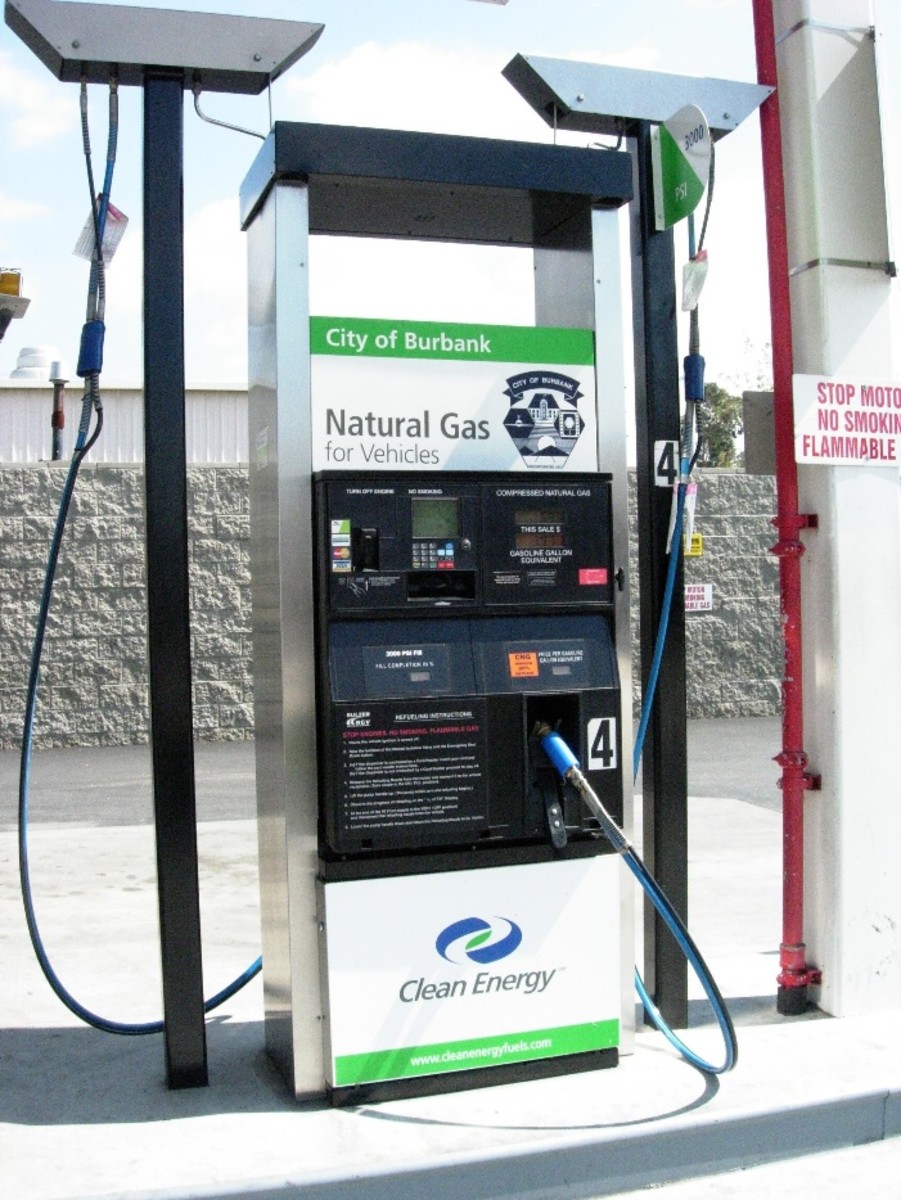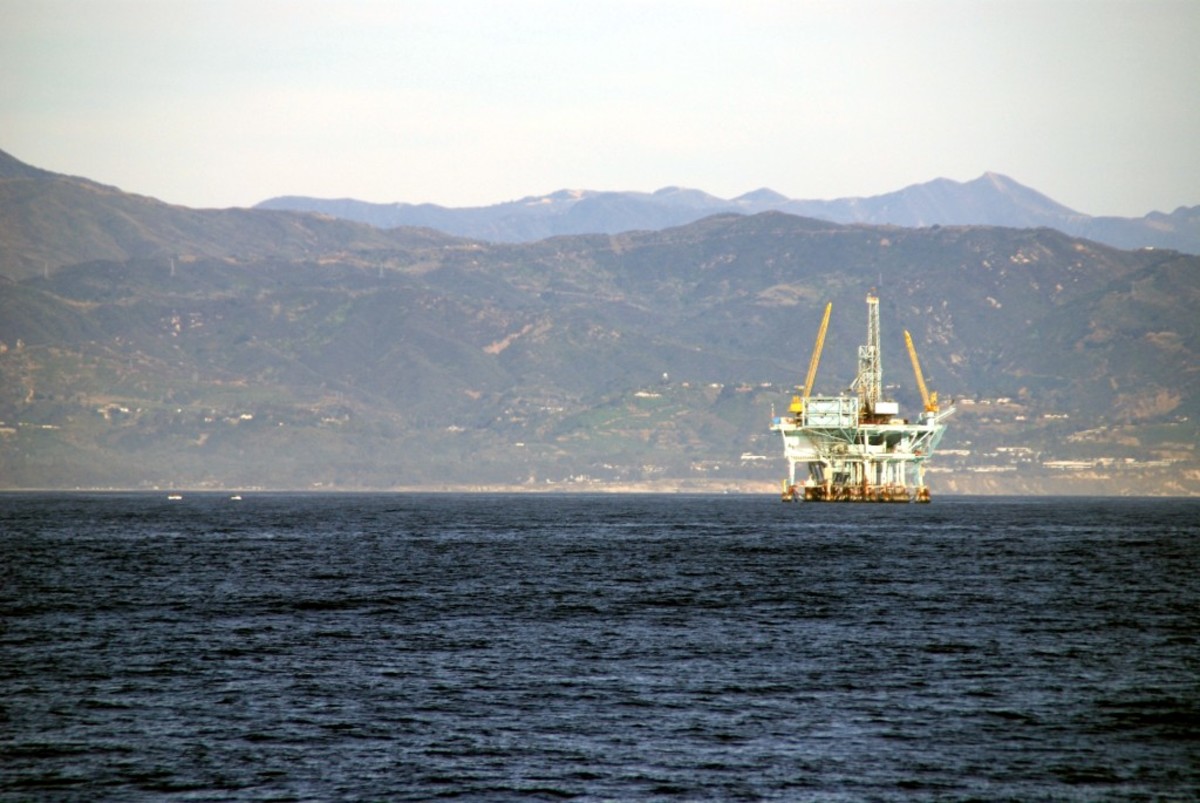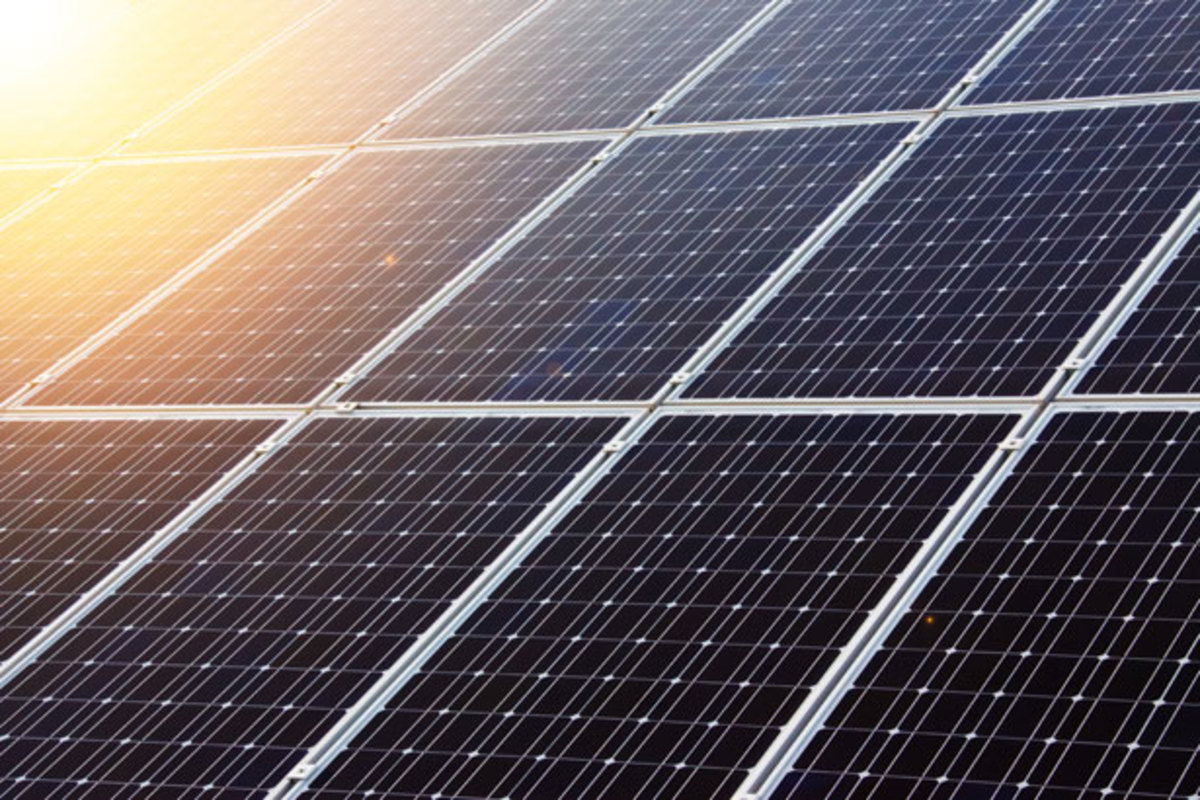Natural Gas - Energy for Homes
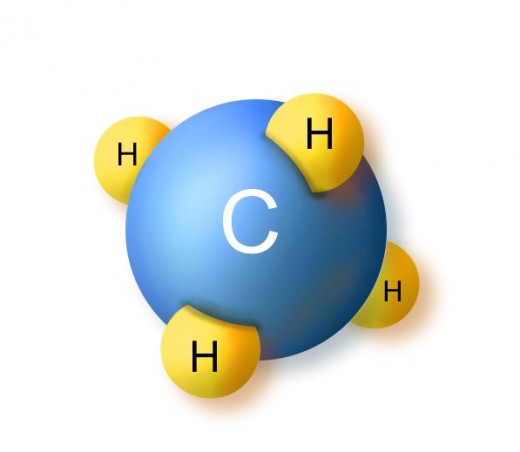
More than 20% of overall amount of energy needed globally comes from natural gases. But where do we get natural gases? What do we do to make it usable? Do we have enough natural gases?
Natural gases come from organic plants and animals, as well as plankton. According to the theory, in a very long period of time, organic wastes become fossil fuel such as coal, gas and petroleum- when mixed with microorganisms. This happens because because of the pressure from the soldering mud on top and the heat under the soil. As the time goes on, this gas will sink into rough stones. Sometimes, there are so much gases being created here making it become a gas field.
The Search for the Natural Gas
Satellite, global positioning, reflection seismology and computers help a lot on finding natural gases. For example, in reflection seismology, sounds are being heard from the layers of stones under the soil. Because of this, scientists are getting ideas on what are below the ground. This sounds are made by human through the means of explosive devices or vibrators until the sound reaches the surface of the ground or soil which is being absorbed by the instruments they are using to detect what gases are in there.
Special guns with air or water are used to produce sound wave in finding gas in the ocean. There will be a sound wave which passes the sea surface being absorbed by hydrophone which is pulled by ships through the use of very long and strong cable. Like finding gas in soil, researchers create figures in computer through the use of this signal.
To worth the expense in getting natural gases in a place, they have to be sure that a certain place has a lot of gases. Geologists make it sure that there are so much pressure and gas in that place. It's easier to know the exact amount of pressure than the amount of gas. They will first get the pressure, then will release enough amount of gas, and will read again the pressure. If the pressure decreases a little, this manifests a large amount of gas; if it decreases a lot, the lesser the gas.
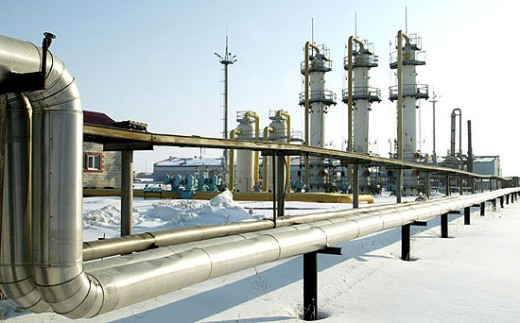
How Gas is Being Processed
After getting the natural gas, this will be passed on a tube going to refinery to remove unnecessary chemicals like carbon dioxide, hydrogen sulfide and sulfur dioxide, even the moist. After that, this undergoes distillation in a very low temperature to remove the nitrogen which does not produces fire and to get the important gases such as helium, butane, ethane, and propane. The end product is the pure methane that has no color and smell and easily solidify. Because methane is gotten from natural compositions, this is also called natural gas.
To make it safe to use for households, they mixed it with a little amount of gases with sulfur that has bad smell so it can be noticed when leaking. So that, actions can be made before it explodes. Natural gas is cleaner compared to other fuels such as coal and oil.
To be transported, some natural gases are being chilled in a very low temperature and being made as liquefied petroleum gas (LPG), which we use at home. It is also used in vehicles. The butane and propane are used in the production of plastics, synthetic fiber, and some other organic products.
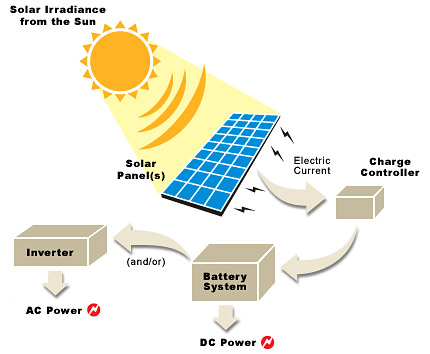
Limited Energy Supply
Like any other fossil fuel, natural gas is limited. About 45% of gases in the world are not yet discovered. If this estimation is correct, the supply of natural gas is limited to only 60 years based on the current consumption. But because of the increase in the consumption, those years can be lessen.
Industrialization in other lands is very fast so others may think that the natural resources on earth are unlimited. The truth is, there is nuclear energy and other sources which are unlimited such as sun and air. The question is, can they support the increasing energy needs? Are they safe to use? Only time can tell.

